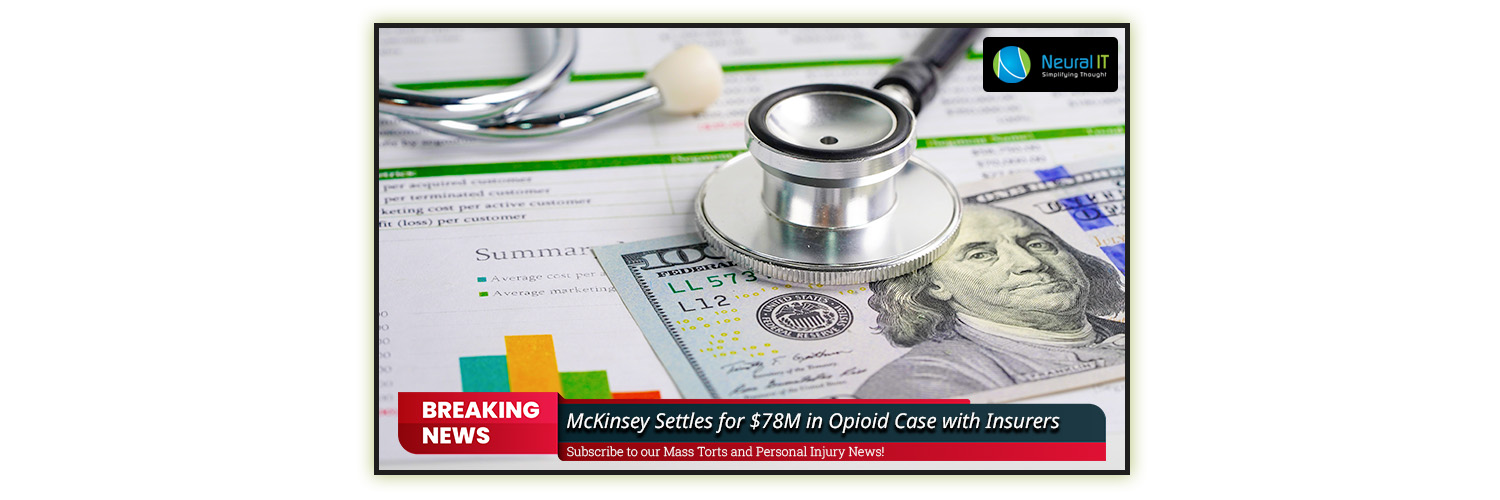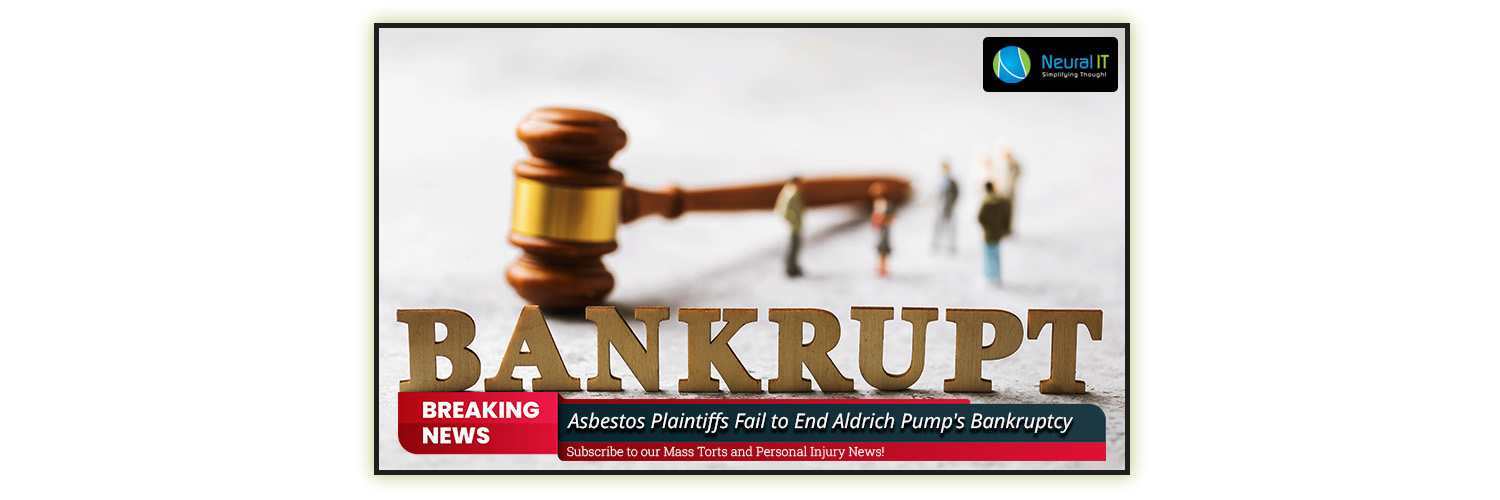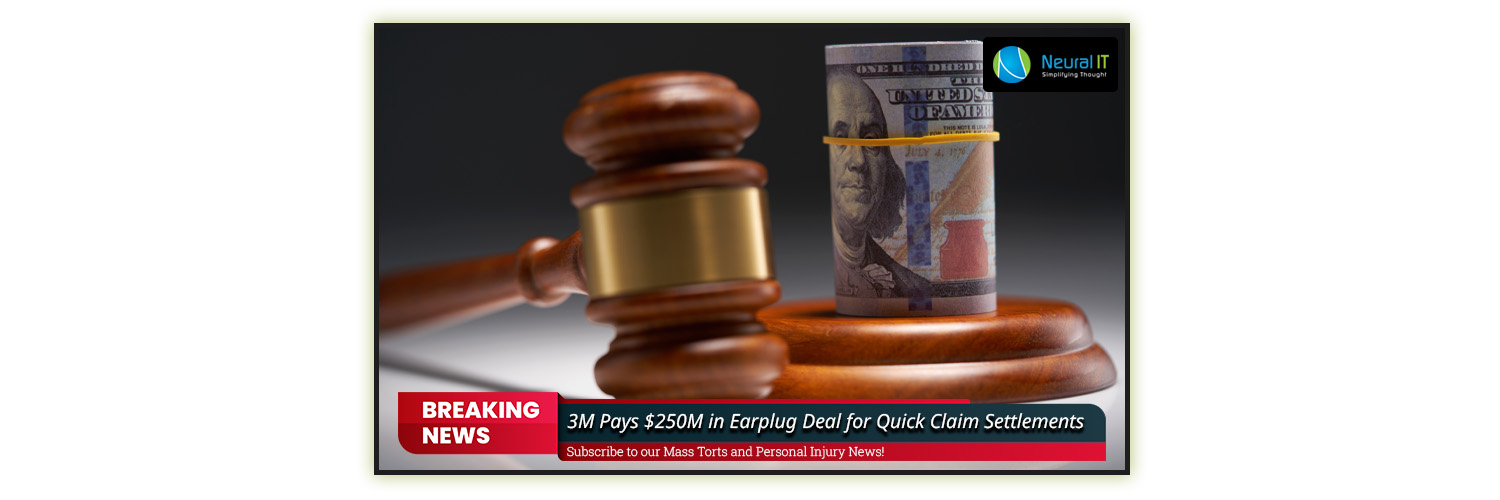McKinsey Settles for $78M in Opioid Case with Insurers

Consulting giant McKinsey & Co. has agreed to a $78 million settlement to resolve claims from insurers and healthcare funds alleging that its consultancy for pharmaceutical companies contributed to the opioid addiction crisis.
This development was disclosed in federal court documents filed in San Francisco, pending a judge's approval. Under the terms of the agreement, McKinsey will create a fund designed to compensate insurers, private benefit plans, and others for a portion or the entirety of their costs related to prescription opioids.
The insurers' lawsuit centered on McKinsey's involvement with Purdue Pharma, the producer of OxyContin. They accused McKinsey of developing and implementing aggressive marketing and sales strategies to mitigate doctors' concerns about the addictive nature of these drugs.
This, according to the insurers, led them to cover the costs of prescription opioids instead of opting for safer, non-addictive, and more affordable alternatives, including over-the-counter pain relievers. Furthermore, the insurers had to bear the financial burden of treatments for opioid addiction.
Statistics from the U.S. Centers for Disease Control indicate that from 1999 to 2021, approximately 280,000 Americans died from overdoses related to prescription opioids. The insurers claimed that McKinsey continued its collaboration with Purdue Pharma even after the magnitude of the opioid crisis became evident.
This settlement is part of a broader effort to hold McKinsey accountable for its alleged role in the opioid epidemic. In February 2021, McKinsey agreed to a nearly $600 million payout to various U.S. states, the District of Columbia, and five U.S. territories. Additionally, in September, the firm announced a separate $230 million settlement with school districts and local governments.
In response to requests for comment, McKinsey reiterated its previous stance, maintaining that its past work was legal and denying any wrongdoing. The company emphasized that the settlement was a strategic move to avoid extended litigation. McKinsey also noted that since 2019, it has ceased advising clients on opioid-related business.
Asbestos Plaintiffs Fail to End Aldrich Pump's Bankruptcy

A U.S. bankruptcy judge has decided that two subsidiaries of Trane Technologies, Aldrich Pump and Murray Boiler, can continue their bankruptcy proceedings, dismissing asbestos plaintiffs' claims that the companies are not actually facing "financial distress."
This decision underscores the ongoing viability of the "Texas Two-step," a contentious legal strategy where solvent companies transfer their legal liabilities to subsidiary entities, which then seek bankruptcy protection. This approach was scrutinized following notable setbacks in 2023 involving Johnson & Johnson and 3M.
A lawyer representing mesothelioma victims in similar cases expressed disappointment, pointing out that this ruling did not align with the 3rd U.S. Circuit Court of Appeals' decision in the J&J case. The appellate court had determined that bankruptcy protection should not apply to firms not experiencing immediate "financial distress."
The attorney criticized the misuse of bankruptcy, arguing it should be reserved for those truly in financial trouble, not for wealthy corporations aiming to minimize payouts to cancer victims.
U.S. Bankruptcy Judge of North Carolina, however, ruled that the bankruptcies of Aldrich Pump and Murray Boiler wouldn't be dismissed. His decision was influenced by the 4th Circuit precedent, which necessitates a demonstration of "objective futility" for dismissing bankruptcy cases on the grounds of bad faith.
The judge found that these bankruptcies weren't objectively futile, as they could potentially lead to a settlement resolving around 90,000 asbestos-related lawsuits. These cases allege that the companies, through their sales of heating and air conditioning systems, exposed customers to asbestos.
Despite acknowledging that the two companies might not be in "financial distress," given their parent companies' $16 billion combined annual revenue since filing for bankruptcy, the judge noted that this requirement isn't explicitly stated in the U.S. Bankruptcy Code. He recognized the intuitive appeal of this "financial distress" criterion but ruled that it isn't a formal legal requirement.
The judge's remarks highlighted the controversial nature of using a subsidiary for bankruptcy protection to benefit a financially stable parent company, calling for higher courts to clarify the legal standing of "Texas Two-step" bankruptcies.
Aldrich Pump and Murray Boiler initiated their bankruptcy proceedings in 2020 after inheriting liabilities from their predecessor entities, Trane Technologies and Ingersoll-Rand Company.
3M Pays $250M in Earplug Deal for Quick Claim Settlements

In August 2023, 3M Company initiated a settlement process to resolve over 300,000 lawsuits related to hearing damage claims from veterans, funding a $6 billion agreement.
These lawsuits allege that the company’s Combat Arms earplugs, used by service members from 2003 to 2015, had design flaws that led to hearing loss and tinnitus. The veterans accused 3M and its subsidiary, Aero Technologies, of being aware that the earplugs did not adequately seal the ear canal but continued selling them to the U.S. military, leaving soldiers unprotected during combat and training.
The lawsuits, sharing similar legal and factual issues, were consolidated in an MDL (multidistrict litigation) under a U.S. District Judge in the Northern District of Florida for over three and a half years. Additional cases are pending in Minnesota state courts, where 3M is headquartered.
After jury trials in the MDL resulted in substantial damages against 3M, the company agreed to the $6 billion settlement, to be paid over five years. On December 27, 3M announced its first payment of $250 million into the Qualified Settlement Fund. This initial payment is earmarked for 25,000 to 30,000 veterans who chose quicker, smaller payments. The settlement allows for staggered payments until 2029, averaging about $24,000 per claimant, though individual amounts may vary significantly.
However, there are concerns about the adequacy of the settlement amount and whether enough veterans will accept the terms. Plaintiffs had a six-month window from August 29 to decide, and the settlement requires 98% participation to proceed. There's skepticism among some veterans regarding the sufficiency of the compensation for their permanent hearing injuries.
In response to these concerns, 3M's recent press release emphasized the settlement's broad support among claimants and the military community. The company highlighted this backing as crucial for advancing towards the full implementation of the settlement terms. The ongoing process marks a significant development in addressing the claims of veterans affected by the alleged earplug defects.
